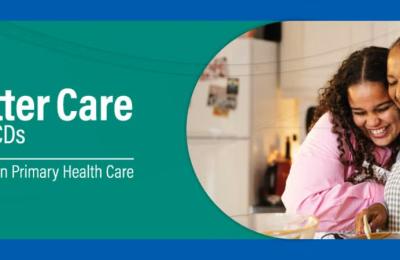Implementing the HEARTS Initiative in Mendoza, Argentina: A multi-level, staged approach to improving hypertension control in the public health system
Objective
To describe HEARTS Initiative implementation in Mendoza, Argentina, focusing on governance, adaptations, and lessons from scaling a standardized hypertension care model across the provincial public health system.












